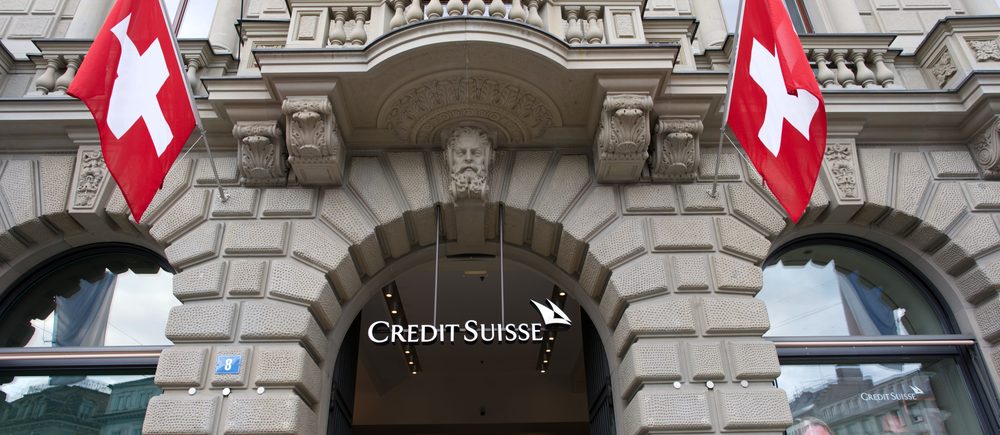The Swiss National Bank (SNB) reduced interest rates for the second consecutive time on Thursday, highlighting its confidence in easing price pressures and solidifying its position at the forefront of the global policy easing cycle.
The central bank’s decision to cut its policy rate by 25 basis points to 1.25% was widely anticipated and resulted in a slight weakening of the Swiss franc and a modest rise in the stock market. This move follows a similar rate cut in March and reflects the SNB’s proactive approach to managing monetary policy in a changing economic landscape.
While a recent rebound in economic growth and a temporary halt in the downward trend of inflation raised questions about the necessity of a rate cut, the SNB cited the recent strengthening of the franc, fueled by concerns about the French election, as a contributing factor.
The SNB maintained its economic growth forecast for Switzerland at 1.0% for this year while slightly revising its inflation outlook downwards, ensuring that inflation expectations remain comfortably within the central bank’s 0-2% target range.
Switzerland’s low inflation environment, influenced by factors such as a diversified energy mix, wage restraint, and the strong franc’s protection against imported inflation, provides the SNB with greater flexibility in its monetary policy decisions.
This rate cut places the SNB ahead of other major central banks in the global policy easing cycle. Notably, the European Central Bank recently made its first rate cut in five years, while the central banks of Canada and Sweden have also begun unwinding previous rate hikes.
In contrast, the U.S. Federal Reserve opted to hold rates steady last week, pushing out the start of its rate cuts to later in the year.
While the SNB’s decisive action demonstrates its commitment to maintaining price stability and supporting economic growth, economists suggest that further easing may be limited, with the possibility of one more quarter-point cut in September remaining uncertain.
 Noor Trends News, Technical Analysis, Educational Tools and Recommendations
Noor Trends News, Technical Analysis, Educational Tools and Recommendations





